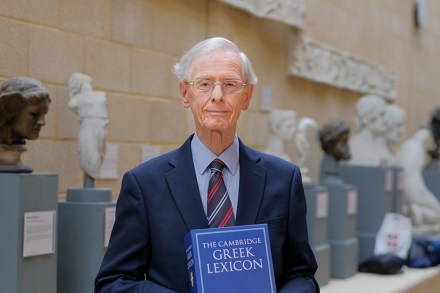Learning to speak Latin and Ancient Greek can save civilisation
Finally, some good news from Oxford. The university has recently been through a gloomy patch. It slipped from the top three in UK rankings for the first time since records began. The Oxford Union president-elect, George Abaraonye, also shamed the institution by gloating over the murder of Charlie Kirk. However, the university’s classicists are bringing light into the darkness. Dons at four colleges – Jesus, Harris Manchester, Brasenose and Queen’s – are engaged in an extraordinary initiative that is widening access to the subject, improving standards and bringing back a Renaissance spirit to the study of ancient languages. In short, they have started to teach their students to speak Latin


